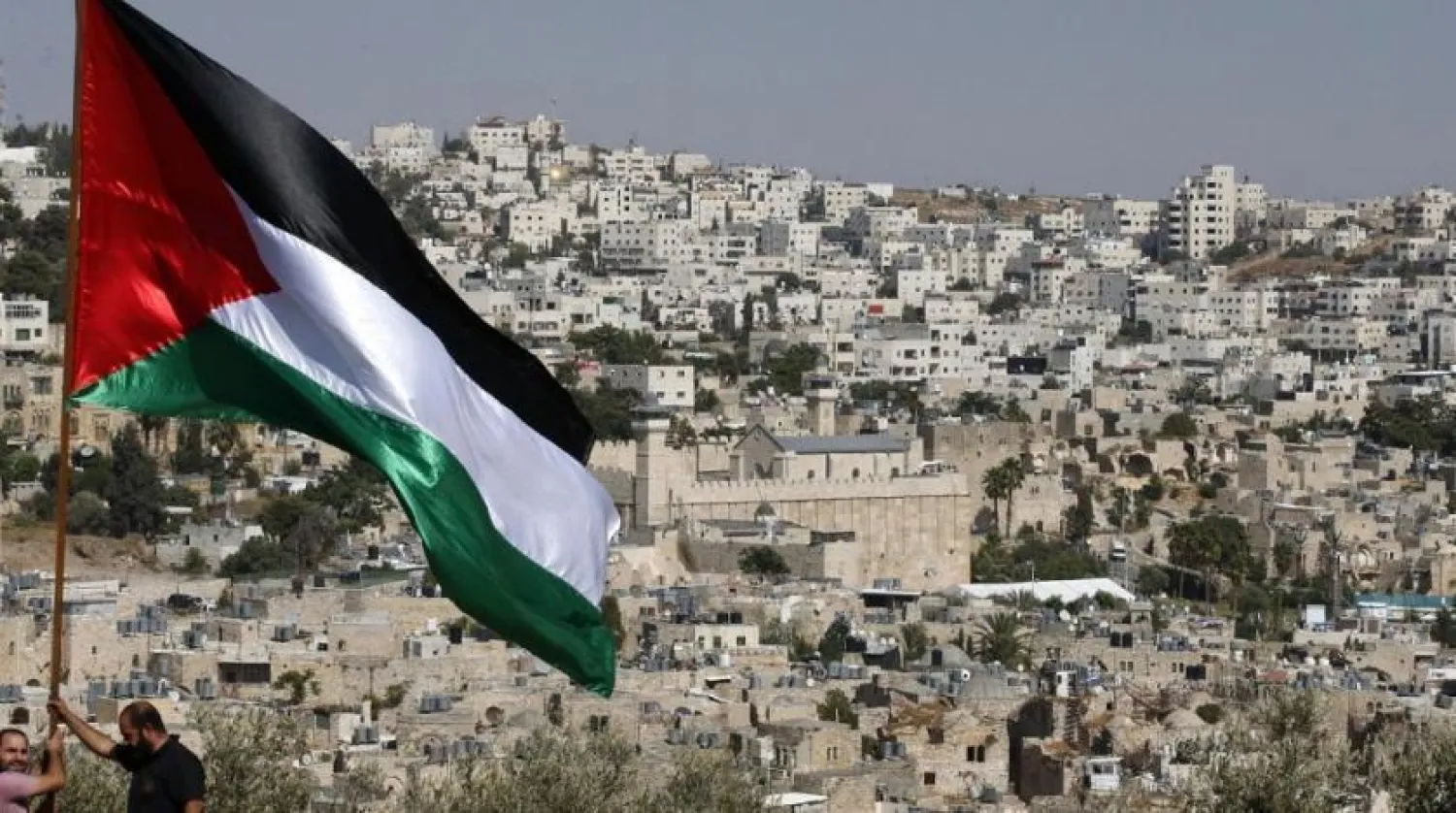Several dozen Palestinians flew to Cyprus on Monday from an airport in southern Israel as part of a pilot program to allow Palestinians from the occupied West Bank to fly abroad.
The move was part of a series of gestures Israel said it is making to improve living conditions of Palestinians in both the occupied West Bank and the Gaza Strip. Critics said the measures do not address the daily humiliations of the decades-long occupation or pave the road for Palestinian statehood.
Forty-three residents of the West Bank cities of Bethlehem, Jericho, Ramallah and Nablus took off from Ramon Airport heading to Larnaca, Cyprus, said Amir Assi, a strategic consultant who coordinated the flights, The Associated Press reported.
COGAT, the Israeli military body responsible for governing civil affairs in the West Bank, confirmed that Palestinians boarded an international flight from Ramon Airport for the first time and that “staff work is still under way” to facilitate regular flights for Palestinians.
The recently opened Ramon Airport is located near Israel’s resort city of Eilat, about 230 kilometers (140 miles) south of Jerusalem. It is smaller than Israel’s Ben-Gurion International Airport outside Tel Aviv, has fewer flights and destinations and is less busy.
Palestinians from the West Bank and Gaza Strip do not have their own airport and must apply for a hard-to-obtain airport permit to use the Ben Gurion airport. Such permits are only approved, if at all, shortly before takeoff.
Those in the West Bank wishing to fly abroad must travel to Jordan’s capital of Amman through a crowded Israeli border crossing. The crossing isn’t open 24 hours a day, forcing many travelers to pay to stay in a hotel nearby ahead of their flight. There are also travel costs and crossing fees that make the journey an added financial burden.
The Gaza Strip has been under an Israeli blockade since the militant Hamas group seized power in 2007, and all movement in and out of the territory is heavily restricted.
The airport authority said earlier this month that there would be twice weekly flights for Palestinians from Ramon to Antalya, Turkey, later in August and that flights to Istanbul would begin in September.
Israel captured both the West Bank and the Gaza Strip in the 1967 Mideast war, and the Palestinians seek them for a future state. There have not been substantive peace talks in over a decade.









